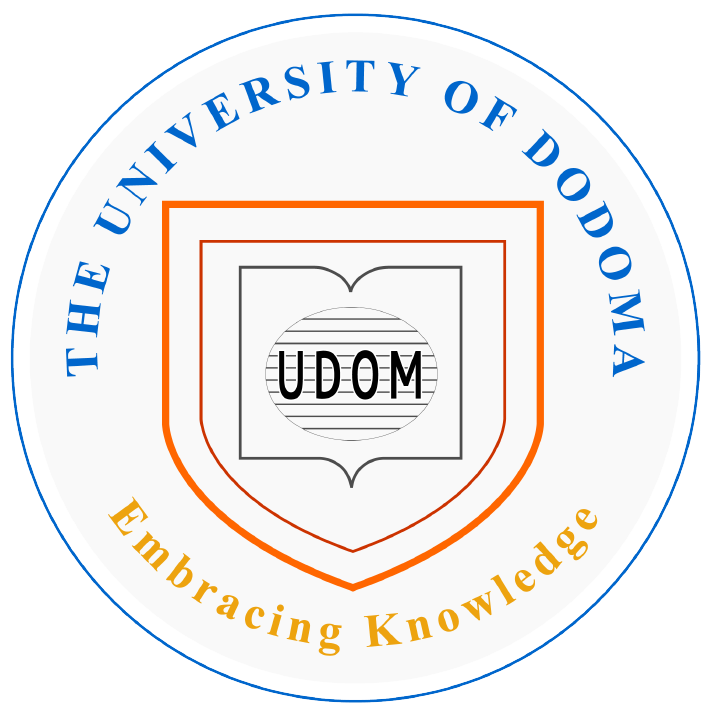Abstract
Career decision-making among university students has become increasingly complex due to personal, institutional, and economic factors. In Tanzania, the alignment between students' academic choices and the structure of the Higher Education Students’ Loans Scheme (HESLS) has raised concerns about the autonomy of career decisions. This study investigates the extent to which HESLS influences students’ selection of degree programmes, using a cross-sectional survey of 480 loan beneficiaries from four selected universities. The sample size was determined using Yamane’s (1967) formula. Data were collected through semi-structured questionnaires and analysed using descriptive and inferential statistics, including Spearman’s correlation and a multinomial logistic regression. Findings revealed that while students’ aspirations play a role in academic decision-making, these aspirations are significantly shaped by government loan policies that prioritize specific degree programmes. The MNL regression results revealed a statistically significant association (p < 0.001) between loan allocation priorities and students' programme choices. On the other hand, Spearman’s correlation with strong (p ≤ 0.000) confirmed that a substantial number of students shifted from their preferred careers due to loan eligibility constraints. The study concludes that the current structure of HESLS significantly constrains students' freedom to pursue their preferred careers. The study recommends a policy review that balance national development goals with students' academic interests to foster a more future motivated and capable workforce.

